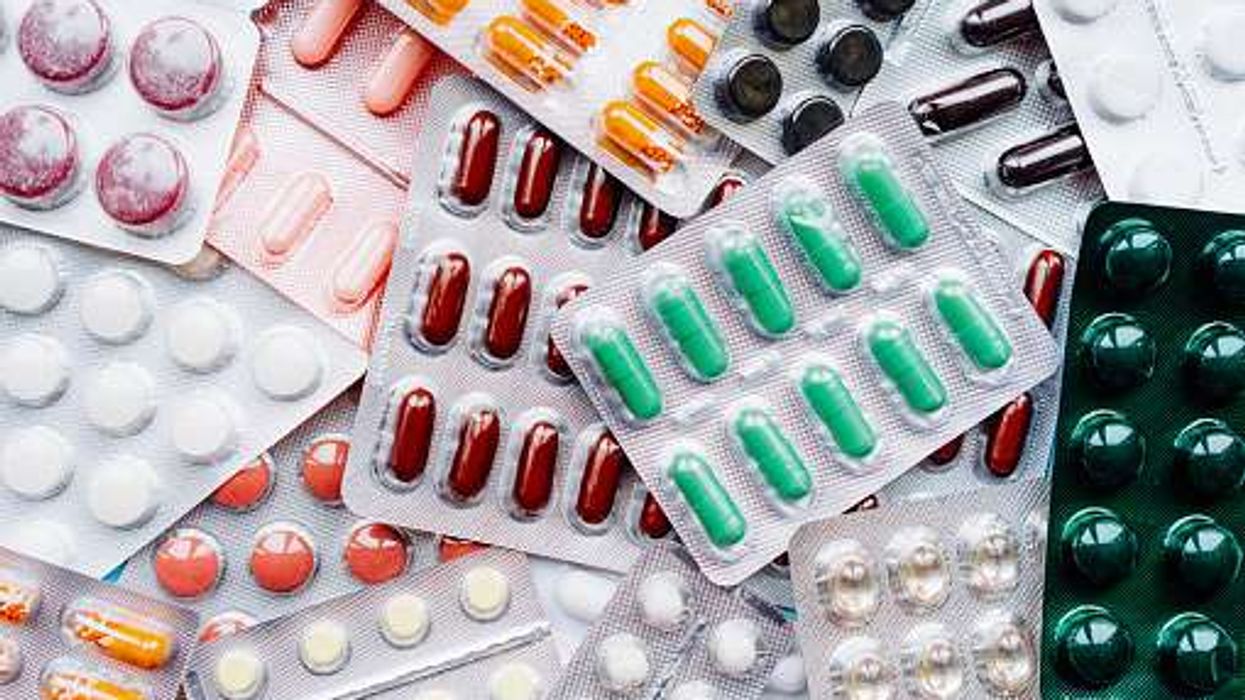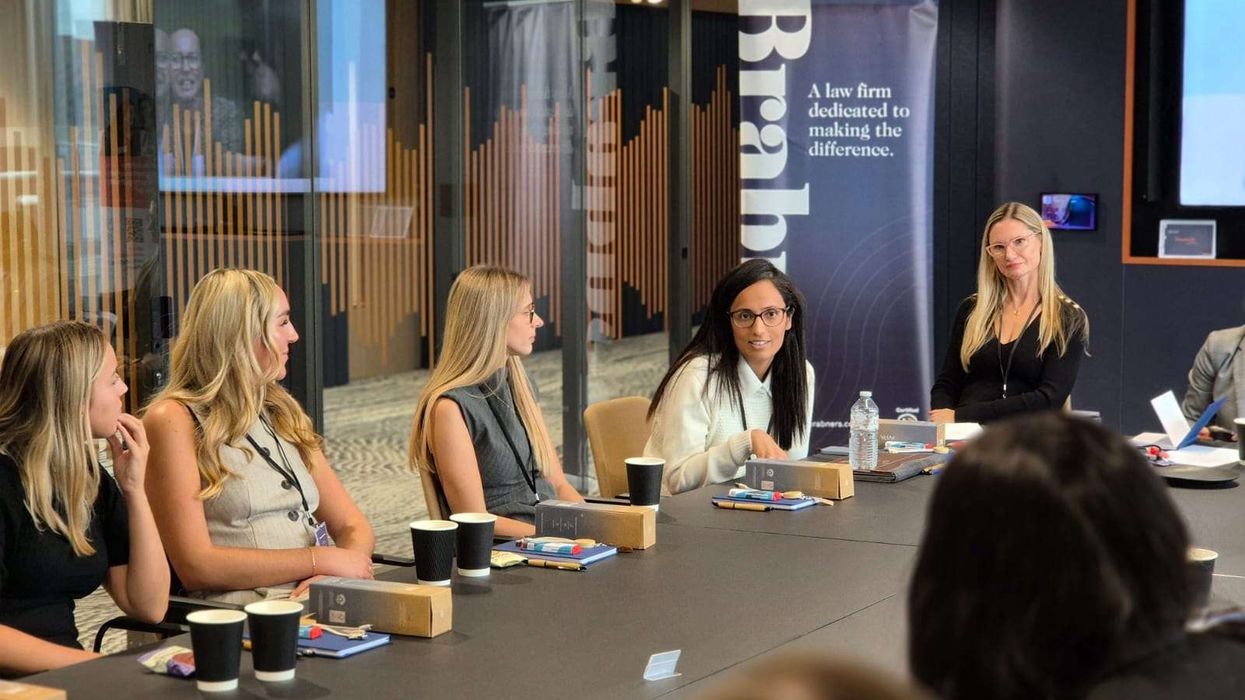The NHS claims that it's been able to save taxpayers £1.2 billion in just three years by procuring hundreds of hospital medicines at a better price.
The adoption of cheaper versions of a single drug – adalimumab – which is used to treat more than 45,000 patients with rheumatoid arthritis, inflammatory bowel disease and psoriasis, has accounted for about one third of the savings.
After the exclusive patent on the drug – originally known as its brand name Humira – expired in 2018, the NHS struck cost-saving deals to bulk-buy generic versions, which have the same quality, safety and efficacy of a branded one.
Since then, tens of millions of pounds have been saved by buying cheaper generic versions of other medicines for conditions ranging from severe skin infections to aggressive blood cancers.
Four in five medicines prescribed in the NHS are now non-branded, helping the NHS to achieve significant savings while ensuring the continuity of high-quality patient care.
NHS chief executive Amanda Pritchard said: “Smart deals by the NHS mean patients are getting the best medicines and taxpayers are getting best value.
“The NHS has once again shown our commercial power to secure cutting-edge treatments for patients while freeing up £1.2 billion of taxpayers’ money, through negotiating better prices for high volumes of branded and non-branded drugs – ensuring that our frontline staff have the necessary medicines to support high-quality patient care wherever you live.
“From better value treatment for arthritis to a ‘one-shot’ jab for spinal muscular atrophy, this approach is part of our NHS Long Term Plan, giving patients access to the latest life-changing medicines as early as possible as well as ensuring every NHS pound is spent wisely”.
Blake Dark, NHS Commercial Medicines Director, said, “We are committed to providing our doctors and nurses with the medicines they need to treat patients in every setting. These figures demonstrate that we are continuing to do just that, while also meeting our responsibility to provide taxpayer value for money.
“The NHS provides medicines for more than 55 million people, requiring us to secure millions of tablets, injections and infusions, and enabling us to use our substantial commercial buying power to drive deals that deliver substantial savings for the health service”.
The £1.2 billion savings are announced as the NHS transitions to a new approach to purchasing generic medicines, requiring suppliers to hold extra medicines on UK soil, providing backup stock that can be quickly mobilised so doctors will be able to access their first-choice treatment for every patient treated in secondary care.
On top of these substantial savings, the NHS also continues to secure patient access to cutting-edge new treatments, such as the life-saving gene therapy Libmeldy for the treatment of the rare condition metachromatic leukodystrophy, and the one-shot spinal muscular atrophy jab, Zolgensma.
Mark Samuels, Chief Executive of the British Generic Manufacturers Association, said: “A strong relationship between the NHS and the generic medicines industry is vital to providing patient access to treatments while delivering better value for the health service.
“Working in partnership with the British generics industry is helping to ensure that NHS hospitals have a secure supply of medicines for patients across the country, and some of the lowest generic drug prices in Europe are also helping to deliver significant savings for taxpayers”.
At the start of June, NHS England, in partnership with the National Institute for Health and Care Excellence (NICE), launched a new Innovative Medicines Fund that will support faster access to non-cancer drugs and, alongside the current Cancer Drugs Fund, provide a total of £680 million ring-fenced NHS funding for innovative medicines.
During the consultation on the Innovative Medicines Fund, 96% of respondents indicated their support for the purpose of the new Fund that will enable patients to benefit from new treatment options while further data can be collected to inform a decision on their routine use.











